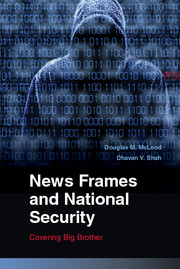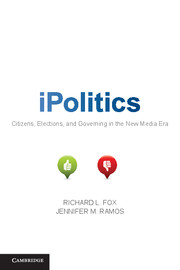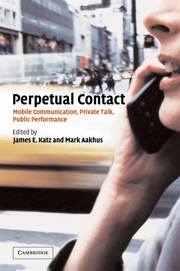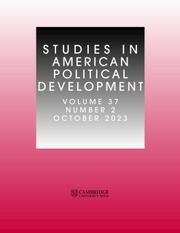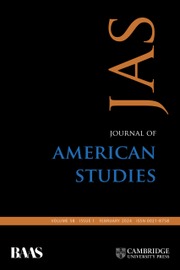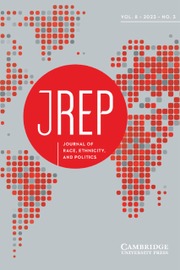News Frames and National Security
Did media coverage contribute to Americans’ tendency to favor national security over civil liberties following the 9/11 attacks? How did news framing of terrorist threats support the expanding surveillance state revealed by Edward Snowden? Douglas M. McLeod and Dhavan V. Shah explore the power of news coverage to render targeted groups suspicious and to spur support for government surveillance. They argue that the tendency of journalists to frame stories around individual targets of surveillance - personifying the domestic threat - shapes citizens’ judgments about tolerance and participation, leading them to limit the civil liberties of a range of groups under scrutiny and to support "Big Brother".
- Focuses on government surveillance under the Patriot Act and the role of journalists in producing public support
- Uses detailed theoretical review and empirical testing of the effects of news framing on audience thoughts and judgments
Reviews & endorsements
"This is an impressive collection of theories and empirical studies of framing effects in the important area of national security vs. civil liberties during the War on terror, it is theoretically sound and methodically rigorous … this volume is a comprehensive synthesis of the theoretical approaches and research studies surrounding training effects on national security and civil liberties issues. The unifying model can be applied to framing effects in other research domains."
Weiwu Zhang, Communication Booknotes Quarterly
Product details
December 2014Adobe eBook Reader
9781316120958
0 pages
0kg
28 b/w illus. 6 tables
This ISBN is for an eBook version which is distributed on our behalf by a third party.
Table of Contents
- Part I. Conceptual Framework: Introduction: news, national security, and civil liberties
- 1. Understanding message framing and effects
- 2. Framing surveillance and the war on terror
- Part II. Framing Effects Research:
- 3. Designing the studies with Lucy Atkinson, Seungahn Nah and Hyunseo Hwang
- 4. Converging cues and the spread of activation with Jaeho Cho and Homero Gil de Zuniga
- 5. Cognitive complexity and attitude structure with Hyunseo Hwang, Jaeho Cho, Seungahn Nah and Nam-Jin Lee
- 6. Security concerns and tolerance judgments with Heejo Keum and Hernando Rojas
- 7. Group perceptions and expressive action with Michael G. Schmierbach, Michael P. Boyle and Cory L. Armstrong
- Part III. Implications and Conclusions:
- 8. Covering 'Big Brother'
- Appendixes.

